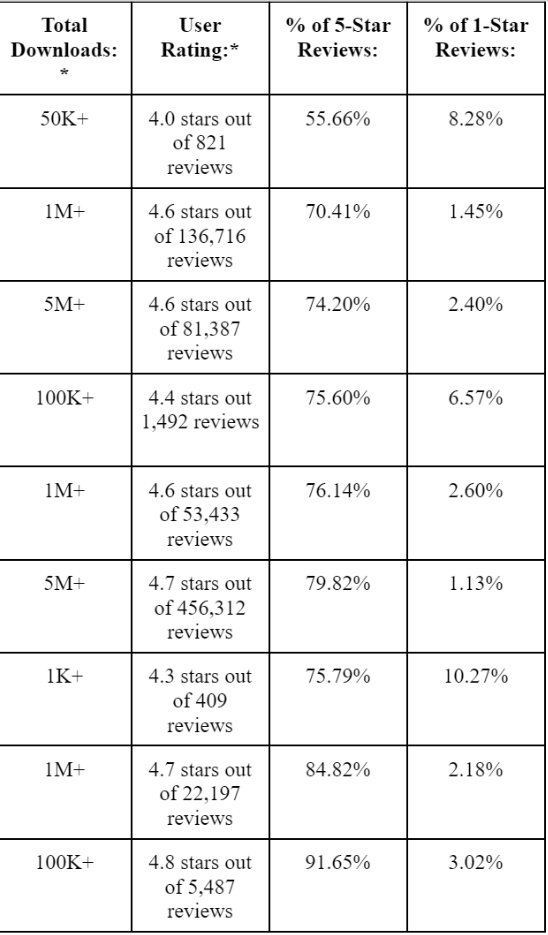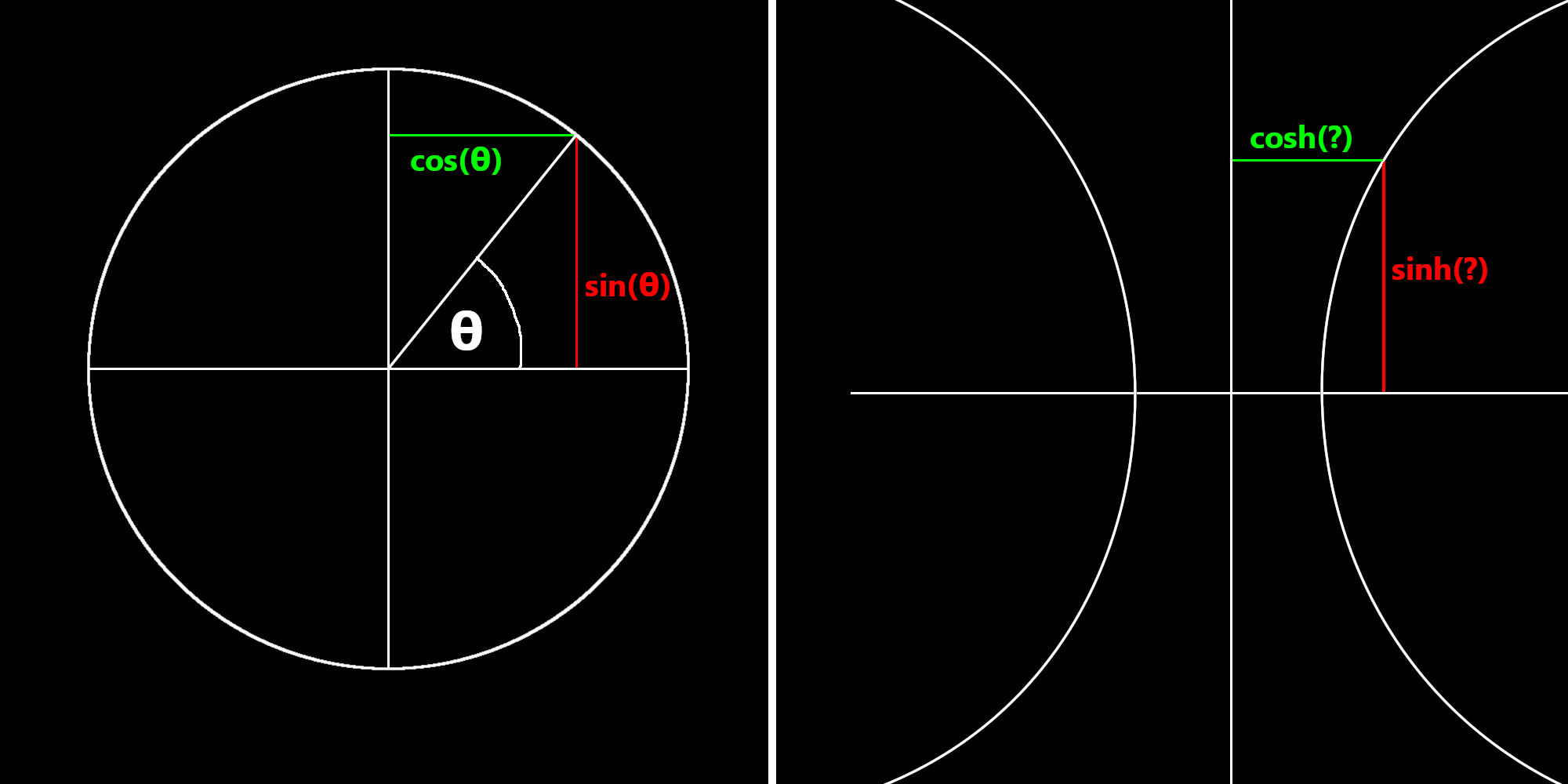So - Wikipedia says:
A person is given two indistinguishable envelopes, each of which contains a sum of money. One envelope contains twice as much as the other. The person may pick one envelope and keep whatever amount it contains. They pick one envelope at random but before they open it they are given the chance to take the other envelope instead.
Now suppose the person reasons as follows:
- Denote by A the amount in the player's selected envelope.
- The probability that A is the smaller amount is 1/2, and that it is the larger amount is also 1/2.
- The other envelope may contain either 2A or A/2.
- If A is the smaller amount, then the other envelope contains 2A.
- If A is the larger amount, then the other envelope contains A/2.
- Thus the other envelope contains 2A with probability 1/2 and A/2 with probability 1/2.
- So the expected value of the money in the other envelope is [5/4 * A].
- This is greater than A so, on average, the person reasons that they stand to gain by swapping.
- After the switch, denote that content by B and reason in exactly the same manner as above.
- The person concludes that the most rational thing to do is to swap back again.
- The person will thus end up swapping envelopes indefinitely.
- As it is more rational to just open an envelope than to swap indefinitely, the player arrives at a contradiction.
To me it seems clear that the flaw in the reasoning is at step #2. Once you know how much money is in the envelope you've opened, it's no longer true that the probability that you got the smaller envelope is 50%.
Put it this way: If you knew that A was generated by sampling a particular probability distribution, then you could do the math and determine what was the probability that you got the smaller envelope, given the amount of money you found when you opened it. E.g. if the number of dollars in the small envelope was determined by a poisson distribution with μ=5, and you found $10 when you opened your envelope, then you could find the probability that you had the smaller amount of money using Bayes's theorem:
- P(small amount is $5 | nothing) = e^-5 * 5^5 / 5! ≈ 0.175
- P(small amount is $10 | nothing) = e^-5 * 5^10 / 10! ≈ 0.018
- P(small amount is $5 | you found $10) ≈ 0.175 / (0.175 + 0.018) ≈ 90%
So, before you opened the envelope, it was 50/50 as stated. Once you open the envelope and find $10, you shouldn't switch, since it's much more likely that the small amount was $5 than $10, so you probably have the higher amount.
In the actual paradox presentation, you don't actually know anything about the process that generated the amounts of money in the envelopes, except the amount of money you found -- but that specific amount of money is information you're gaining about the process. If you were to find $5, that gives you a very different model of the process than if you found $5 million. The assertion that underlies step #2 -- that after you've opened one envelope, you still have 0 knowledge about the process -- is clearly untrue from a common-sense perspective, but it's also mathematically unsound.
In formal terms, you can see that it's unsound by following the implications of that assertion that after you've opened one envelope, it's still true that the process that generated the money in the envelopes had an equal chance of generating 2A as A. If you'd found 2A dollars in your envelope, you would assert that it was equally likely to generate 4A as 2A, and by induction on up for all powers of 2 -- so you're saying that the process had an equal chance of generating any one of an infinite number of discrete answers. That's not possible. So, by contradiction, the probability of A and 2A are no longer equal once you've opened an envelope and found a specific amount of money.
No? Wikipedia has this to say about explanations for the paradox:
No proposed solution is widely accepted as definitive. Despite this, it is common for authors to claim that the solution to the problem is easy, even elementary.
I wouldn't call my line of reasoning totally elementary, but it doesn't seem earth-shattering to me or a reason for a big controversy about it. No? Am I missing something?
(I tried to read the citations on Wikipedia to see if someone else was arguing this same thing, or giving a counterargument to it, but the citations were more confusing than enlightening to me.)


